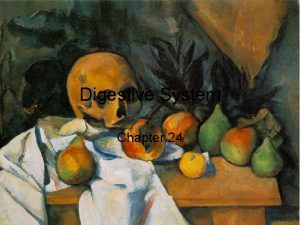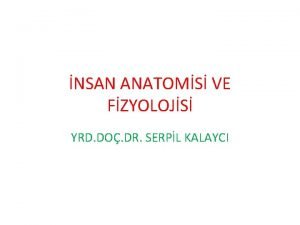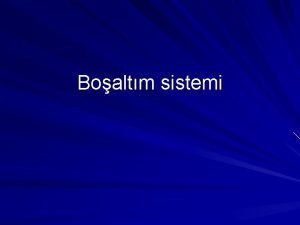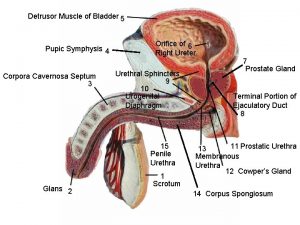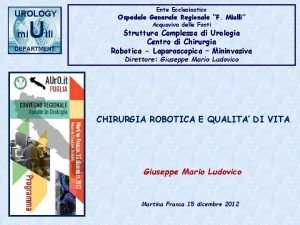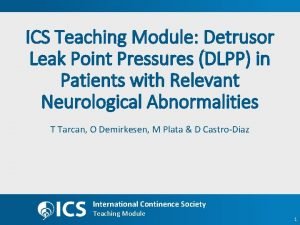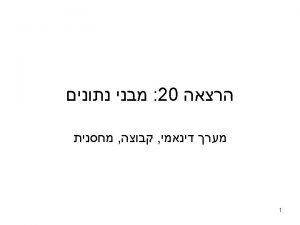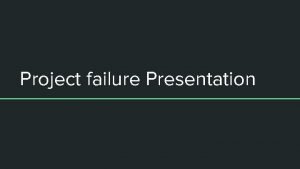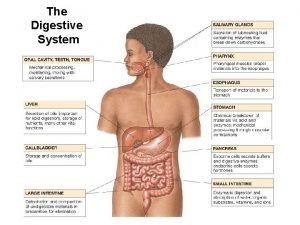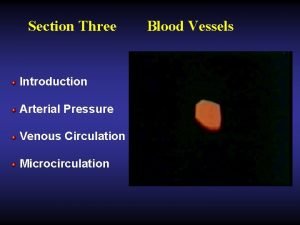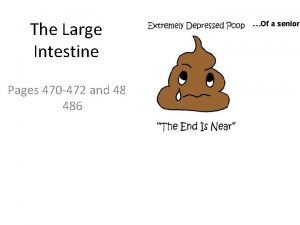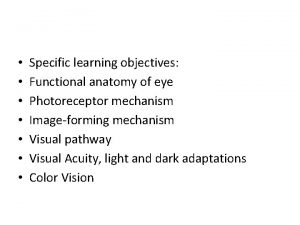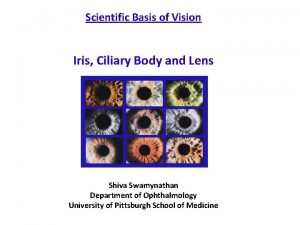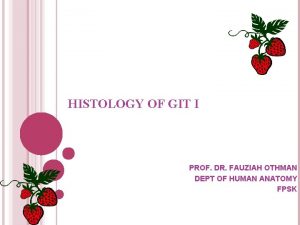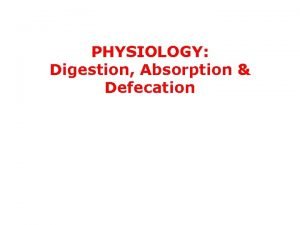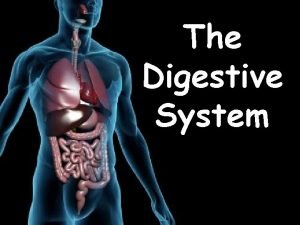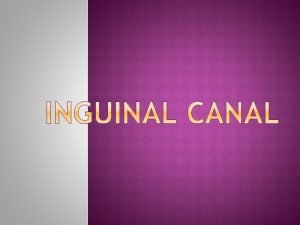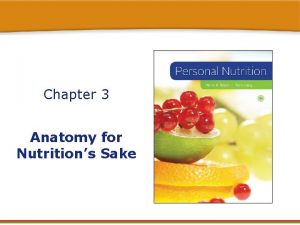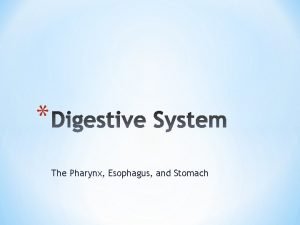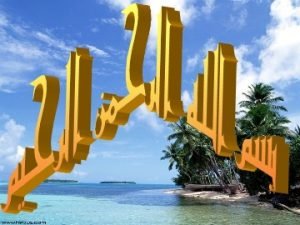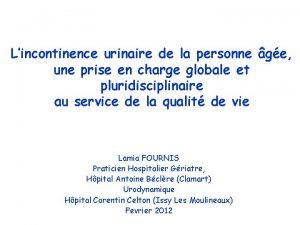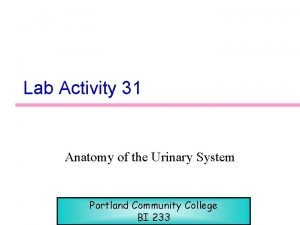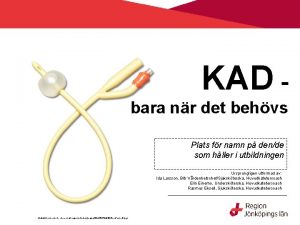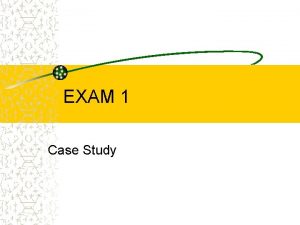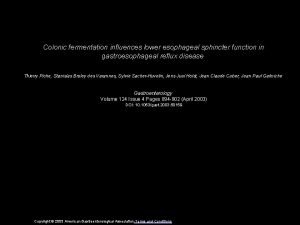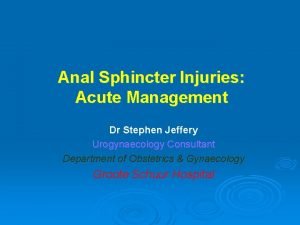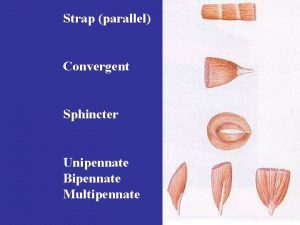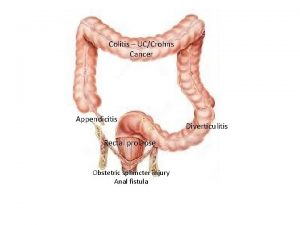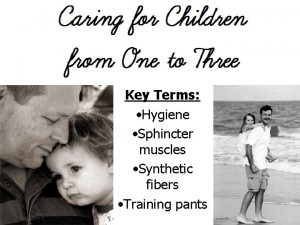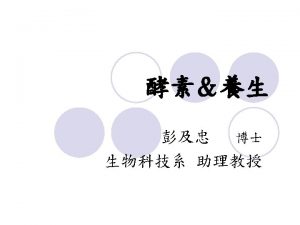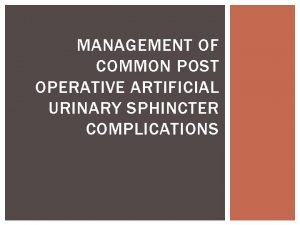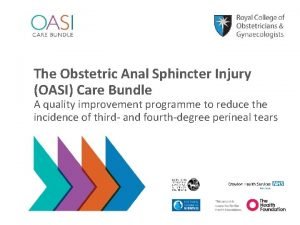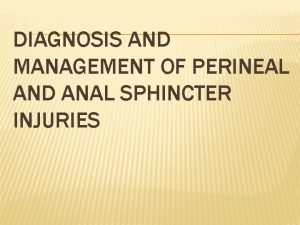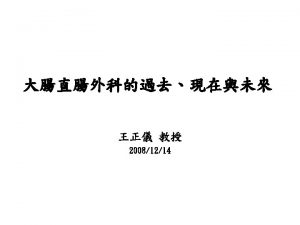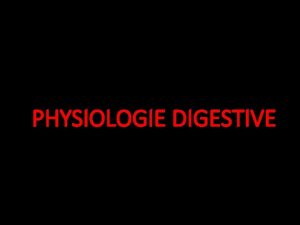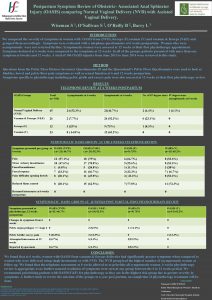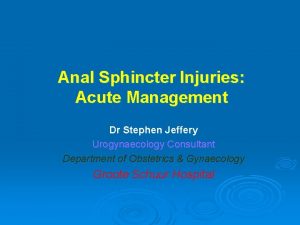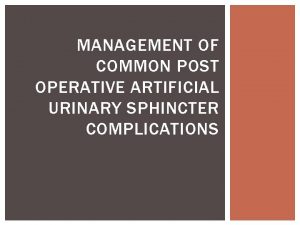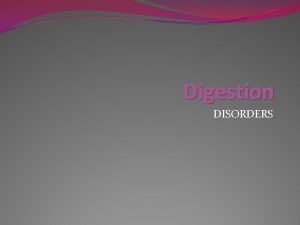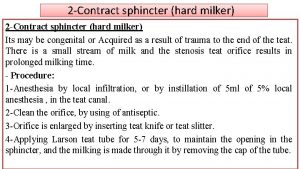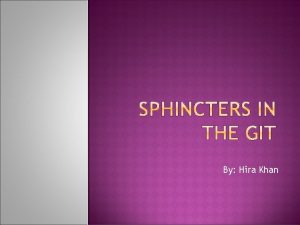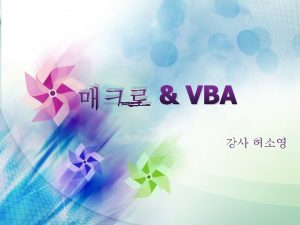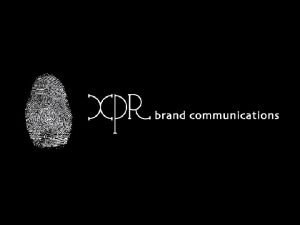Detrusor Sphincter Dyssynergia A Case Study in Integrated
























- Slides: 24

Detrusor Sphincter Dyssynergia: A Case Study in Integrated Care and Management Anthony G Bailes AOMA Graduate School of Integrative Medicine

Detrusor Sphincter Dyssynergia (DSD) • Bladder Sphincter Dyssynergia • Voiding dysfunction • symptoms related to both the storage and emptying phases of the micturition cycle • Storage dysfunction • Emptying dysfunction

DSD Detrusor muscle • The detrusor muscle remains relaxed to allow the bladder to store urine • Contracts during urination to release urine External sphincter muscle of urethra • Efferent muscle • Receives innervation form the pudendal nerve


Voiding Dysfunction Storage Dysfunction • Frequency • Urge incontinence • Dysuria • Pain Emptying Dysfunction • Hesitancy • Straining • Difficulty initiating • Diminished stream • Incomplete voiding • Urinary retention

Patient Information Social History Demographic Information • 60 years old • Female • Caucasian • Lives alone • Unmarried • No tobacco • No ETOH • No recreational drugs • Limited social interaction • No spiritual/religious affiliation

Medications/Supplements Dietary Habits • Insulin • Aspirin prn • Magnesium glycinate 300 mg QD • Multivitamins • Gluten free • Low sugar • Includes animal proteins Allergies • Sulfas • Floroquinolone (Cipro) Exercise • Walking to tolerance • Physical therapy

Medical Hx • Contracted Hep C in 1982 form surgical blood transfusion • Was not diagnosed until 2008 • Treated with Copegus (ribavirin) and Alinia (nitazoxanide) • Treated for 1 yr w/resolution of sustained virologic response • Diagnosed Type I Diabetes in 2009 • Thought to be a result of undiagnosed/untreated Hep C • Managed w/insulin

Surgical Hx • 1982: T 8 to S 1 fusion to correct scoliosis • February 2014: T 8 to S 1 fusion to correct long standing complications from 1982 surgery • December 2013, presented in ER with complaints of severe pain • Internal hemorrhaging, spontaneous cerebrospinal fluid leak, and atrial fibrillation • Resulted in 10 hospitalization • During corrective surgery, the pudendal and hypogastric afferent nerves around the bladder were damaged, resulting in DSD


May 5, 2014 – Initial office visit • Vitals within normal ranges • CC: urinary difficulty with dribbling, urgency, and retention • Urgency up to 20 times daily, difficulty initiating urination, interrupted urine flow, and inability to void completely • Recurrent urinary tract infections UTIs • Self-cath three times daily • Secondary complaint: Depression • Tegretol 200 mg BID and Prozac 20 mg QD • Self-discontinued Prozac and Tegretol after 1 month, citing the “inability to function” • Tertiary Complaint: R sided sciatic pattern pain rating 8/10 • Confirmed with seated straight leg raise

• DDX: Qi blockage in Bladder Channel and Organ • TX: Unblock channel and organ Qi • Points: SP 6, 9; Ren 2, 3, 4; ST 36; Yintang, Kidney Gate; BL 23, 27, 28, 39, 52; (R) GB 30, 42; (R) BL 60, 61, 63; (Bilateral) Ashi around PSIS (4 needles) and Ashi lateral hip (1 needle); All points with strong manual manipulation. • Herbs: (patent – unspecified) Shao Yao Gan Cao Tang; 2 pills TID

Follow Up Visits • June 3, 2014 • June 16, 2014 • August 5, 2014 • No significant changes other than reduction in sciatic pain to manageable levels. Initial tx resulted in full bladder evacuation for 1 day, but returned to old pattern. During this period, patient had multiple UTIs and was dx w/Kidney infection. • Antibiotics resolved infection and patient began prophylactic Hiprex (methenamine hippurate) to manage UTIs • No remarkable changes to DSD

August 12, 2014 • DSD symptoms still persisting • Outside research found study on pudendal nerve stimulation for DSD and voiding disorders • Percutaneous Tibial Nerve Stimulation (PTNS) protocol • 12 treatments and reevaluate

• Points: BL 14, 15, 18, 23, 28, 40, 65; PTNS Protocol • Herbs: (patents) Plum Flower Ba Zheng San – 8 pills TID; Plum Flower Jia Wei Xiao Yao San – 8 pills TID • Notes: Patient was instructed to take herbs concurrently with antibiotics. • **PTNS Protocol: Electro acupuncture at SP 5 to SP 6 bilaterally. Stimulated with continuous wave at 20 Hz for 30 minutes (Agrò, E. (2013). Percutaneous tibial nerve stimulation (PTNS) efficacy in the treatment of lower urinary tract dysfunctions: A systematic review. BMC Urology, 13, 61 -61. )

PTNS Protocol Agrò, E. (2013). Percutaneous tibial nerve stimulation (PTNS) efficacy in the treatment of lower urinary tract dysfunctions: A systematic review. BMC Urology, 13, 61 -61. • 2013 Italy • PTNS was found to be effective in 37 -100% of patients with overactive bladder syndrome (OAB) • 41 -100% of patients with non-obstructive urinary retention (NOUR) • 100% of patients with chronic pelvic pain/painful bladder syndrome (CPP/PBS), dysfunctional voiding and patients with neurogenic pathologies • No major complications have been reported

PTNS Protocol • Stimulating the tibial nerve by means of a 34 gauge needle electrode • 4– 5 cm cephalad to the medial malleolus • Continuous wave at frequency of 20 Hz • Stimulation sessions last for 30 minutes • Once a week for 10– 12 weeks • Mechanism of action still remains unclear

August 14, 2014 • Patient reports more complete evacuation after last treatment. • Easier to initiate urination. • Patient reports increased energy, improved bowel movements, and increased appetite. • Patient reports numbness in vaginal wall.

• Points: BL 14, 18, 23, 24, 25, 26, 40, 65; Four Gates; KD 7; Jiaji L 2 through S 1; PTNS Protocol • Herbs: (patents) Plum Flower Ba Zheng San – 8 pills 5 X a day; Plum Flower Zhi Bai Di Huang Wan – 8 pills TID

August 19, 2014 • Patient reports she has been evacuating bladder 100%, verified by urologist with imaging. • Urologist dismissed patient and has taken her off self-catheterization. • No UTI for first time in 7 months. • Numbness in R lower leg, R anterior upper leg, pelvic floor, and vaginal wall. • Although mood has improved, patient is still worried that results are only temporary and is feeling “emotional”.

• Points: BL 13, 24, 25, 26, 40; GB 41; Four Gates; Jiaji L 4 through S 4; (R) PTNS Protocol • Herbs: Continue current Plum Flower Ba Zheng San – 8 pills TID; Plum Flower Jia Wei Xiao Yao San – 8 pills TID

• August 21, 2014 – dx with Interstitial Cystitis • August 28, 2014 • September 1, 2014 – IC controlled with dietary changes • September 4, 2014 • September 9, 2014 – IC resolved, but new dx of UTI. Antibiotics prescribed • September 15, 2014 • September 23, 2014 – IC resolved • September 29, 2014 • October 7, 2014 – UTI cleared

October 21, 2014 • No UTIs since early September • Bladder function maintaining normal with complete evacuation • Emotions stabilized • Patient wishes to consider support for increasing libido and addressing mild vaginal dryness • No other complaints • Patient will schedule follow up treatments as needed

Thank You ? ? ? ’s
 Figure 24-2 the wall of the small intestine
Figure 24-2 the wall of the small intestine Nefron
Nefron Jukstaglomerüler aygıt
Jukstaglomerüler aygıt Detrusor muscle
Detrusor muscle Detrusor apron
Detrusor apron Dlpp-167
Dlpp-167 Best worst and average case
Best worst and average case Hershey's erp failure
Hershey's erp failure Cardiac sphincter
Cardiac sphincter Fahraeus lindqvist effect
Fahraeus lindqvist effect Lower esophageal sphincter is also known as
Lower esophageal sphincter is also known as Sphincter
Sphincter Sphincter pupillae
Sphincter pupillae Ciliary muscle function
Ciliary muscle function Git histology
Git histology External anal sphincter
External anal sphincter Gastroesophageal sphincter
Gastroesophageal sphincter 5 steps of digestion
5 steps of digestion Bubunocele
Bubunocele Gastroesophageal sphincter
Gastroesophageal sphincter Esophagus
Esophagus Distributive shock
Distributive shock Sphincter urinaire
Sphincter urinaire Loop of henle
Loop of henle Pyelostomi vs nefrostomi
Pyelostomi vs nefrostomi
